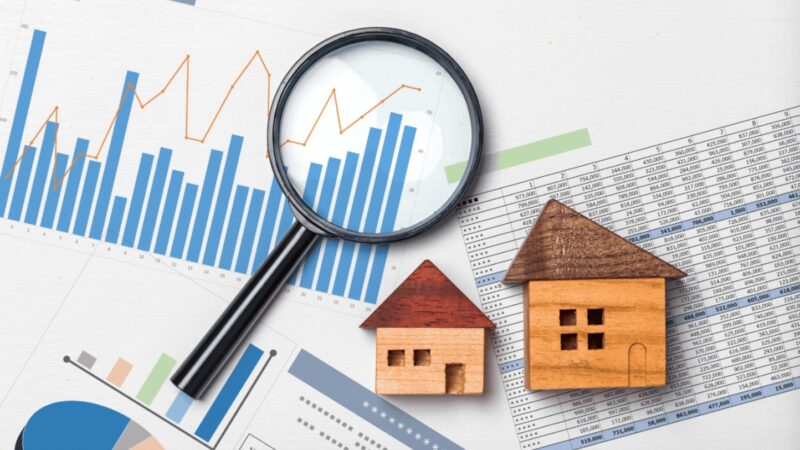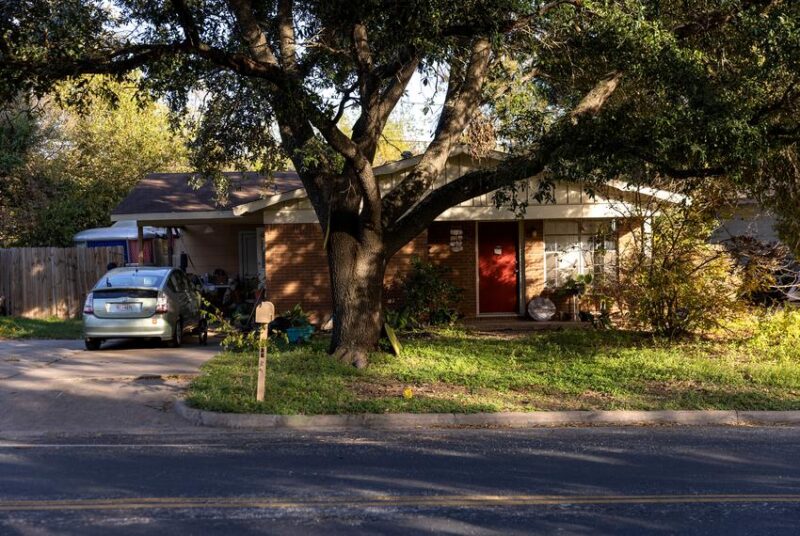As we approach 2025, the question of whether to sell your home looms larger for many homeowners. With a shifting economic landscape and evolving real estate trends, the decision to part with your property is not merely a financial transaction but a significant life choice.
Are you ready to navigate the complexities of the housing market? Factors like interest rates, local housing demand, and potential renovations all come into play. It’s a time filled with both opportunity and uncertainty.
By examining the intricate dynamics at work, you can gauge if this is the right moment to make your move. In this article, we’ll explore the key considerations that could make selling your home in 2025 a savvy investment—or a decision best postponed.
Buckle up as we delve into market predictions, financial implications, and personal factors that may influence your choice.
Analyzing the Real Estate Market Trends for 2025

As we look ahead to 2025, the real estate landscape is poised for a fascinating transformation, shaped by a myriad of factors that can make or break your decision to sell. Economic indicators, such as interest rates and employment trends, will significantly influence buying power and market demand.
Urbanization continues to pull buyers toward city centers, while remote work subtly shifts preferences toward suburban locales. Indeed, millennials and Gen Z are becoming dominant players in the market, bringing new expectations and desires for sustainability and smart home technology.
Conversely, potential economic headwinds, like inflation, could temper enthusiasm and complicate transactions. Ultimately, understanding these dynamics and predicting how they will collide is critical for homeowners contemplating a sale in 2025—your timing, market readiness, and strategic planning could either maximize your investment or leave a considerable amount of money on the table.
The ROI of Renovations and Upgrades
When considering renovations and upgrades before selling your home in 2025, the potential return on investment (ROI) can be a game-changer. Minor updates, such as a fresh coat of paint or modern light fixtures, can breathe new life into tired spaces, often yielding a robust return that exceeds initial costs.
Think about the allure of a renovated kitchen, where sleek countertops and energy-efficient appliances beckon potential buyers—not only enhancing aesthetics but also promising longevity and value. Yet, its essential to tread carefully; not every renovation guarantees a profit.
Splurging on high-end finishes in a modest neighborhood may deter rather than attract buyers. Balancing quality and market expectations is key; savvy homeowners will conduct thorough research and strategic planning to ensure that every dollar spent translates into higher offers.
Ultimately, thoughtful renovations can transform a property from merely a house into a coveted home, positioning it favorably in a potentially competitive market.
Future Developments That Could Boost Your Area

As we gaze into the horizon of 2025, a multitude of transformative developments could potentially uplift your neighborhood and, in turn, your home’s value. Picture this: new transit lines weaving through your area, promising faster commutes and increased accessibility to urban centers.
Envision revitalized parks and recreational spaces that promise to breathe new life into the community, attracting families and young professionals alike. There are also whispers of retail expansions — fresh boutiques, vibrant cafes, and bustling farmers markets that could not only enhance local appeal but also create a sense of camaraderie among residents.
Coupled with emerging trends like sustainable building practices and smart home technologies, these initiatives suggest a future brimming with opportunities. Yet, the landscape of these potential growth factors can shift rapidly, making it essential to keep a close watch on local developments that could enhance your homes investment potential.
Conclusion
In conclusion, deciding whether to sell your home in 2025 requires careful consideration of various factors including market trends, economic conditions, and your personal circumstances. As we’ve explored, the housing market is influenced by a myriad of elements, such as interest rates and regional demand, which can significantly impact your investment.
If youre leaning towards selling, it may be worthwhile to consult with professionals in the field to navigate this complex landscape effectively. For those in the San Diego area looking to sell quickly or consider their options, resources like https://gordonbuyshomes.com/we-buy-san-diego/ can provide valuable assistance. Ultimately, making an informed decision will help you maximize your investment and secure the best outcome for your future.


